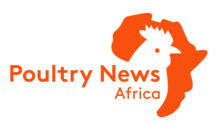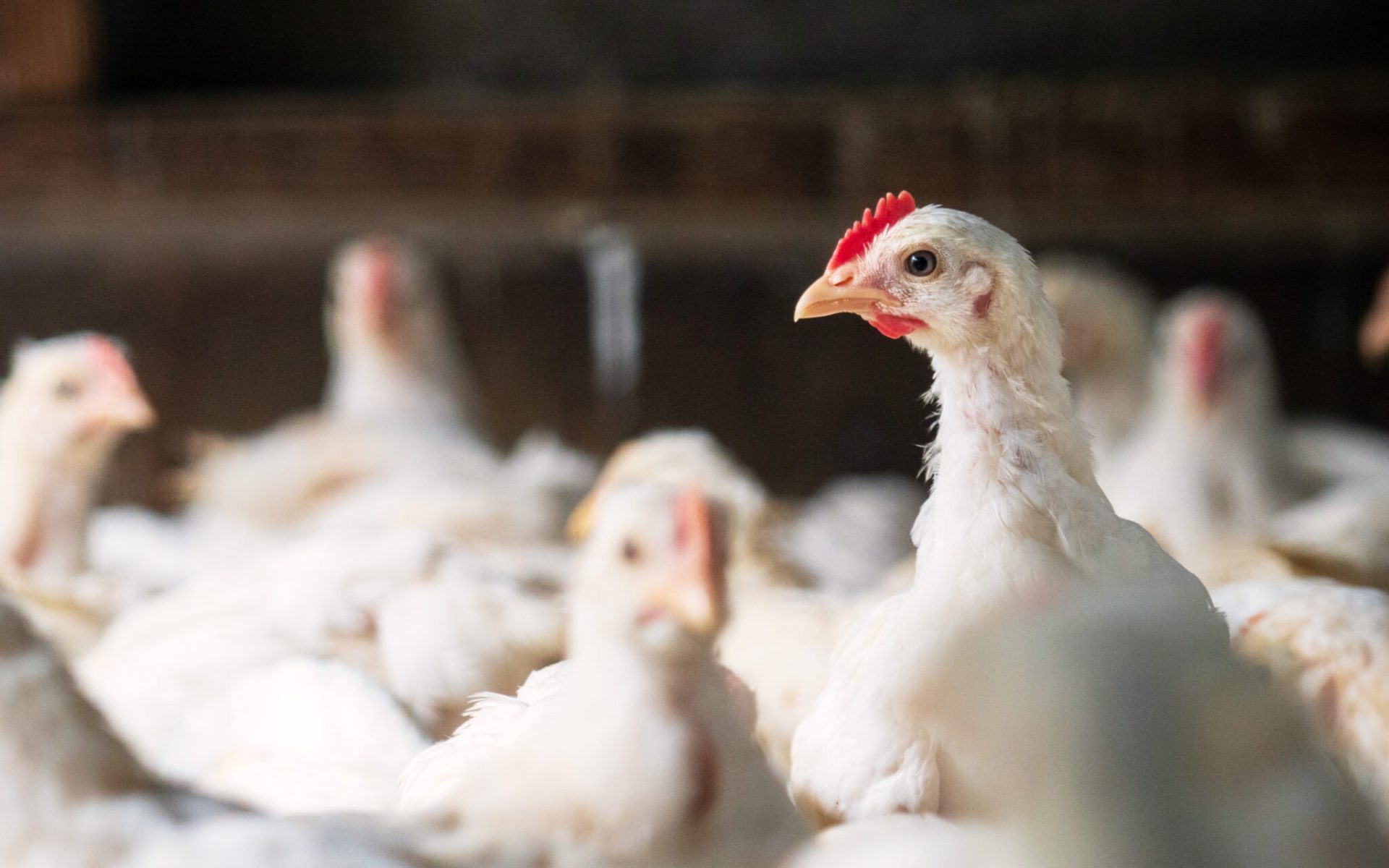Mozambique’s poultry industry has recorded remarkable growth in the past nine months, with close to 100,000 tonnes of chicken meat and over 23 million dozen eggs produced across the country. This milestone highlights the nation’s growing capacity to meet local demand for poultry products while promoting food security and reducing reliance on imports.
According to the Minister of Agriculture, Environment, and Fisheries, Roberto Albino, the poultry sector has become one of the fastest-growing components of Mozambique’s livestock industry. He noted that the government’s continued support and investment in agricultural production are key drivers behind this success. Over the past few years, the poultry value chain has benefited from initiatives designed to empower local farmers, promote sustainable feed production, and expand access to modern equipment and facilities.
The government has encouraged private sector involvement by offering incentives that support the development of feed mills, incubators, and slaughterhouses. These efforts have also strengthened the integration of small and medium-sized enterprises into the national supply chain, particularly through the use of locally produced maize and soybeans for poultry feed. As a result, Mozambique’s poultry production has shown consistent improvement each year. For instance, in the previous year, the country produced about 135,000 tonnes of chicken meat and nearly 30 million dozen eggs.
Minister Albino emphasized that Mozambique is steadily moving toward self-sufficiency in poultry production. Currently, less than 20 percent of the chicken consumed in the country comes from imports. From January to September this year, Mozambique imported only 21,800 tonnes of chicken meat and about 5.4 million dozen eggs, showing a sharp reduction compared to past years. This progress signals that domestic farmers are increasingly capable of supplying the local market with fresh and affordable poultry products.
However, the industry still faces challenges that need to be addressed to maintain this upward momentum. The availability of quality inputs such as day-old chicks, reliable feed ingredients, and stable market access remains inconsistent. Rafael Estevão, the National Director of Livestock, pointed out that a large portion of the raw materials used in animal feed production—particularly maize and soybeans—are still imported. This dependency increases production costs and limits competitiveness for local farmers.
Despite these obstacles, the growth of the poultry industry continues to play an important role in Mozambique’s economy. It contributes to food security, creates employment opportunities, and encourages the participation of youth and women in agribusiness. The expansion of poultry farming has also stimulated small and medium enterprises involved in processing, packaging, and distribution, further supporting rural development.
Mozambique’s poultry sector stands as a promising pillar for the country’s agricultural future. The impressive figures recorded within just nine months demonstrate the nation’s ability to scale up production and meet local consumption demands. With continued investment in feed production, improved farming practices, and better access to local markets, Mozambique is on track to achieve full self-sufficiency in poultry production, ensuring a stable and sustainable source of animal protein for its population.



